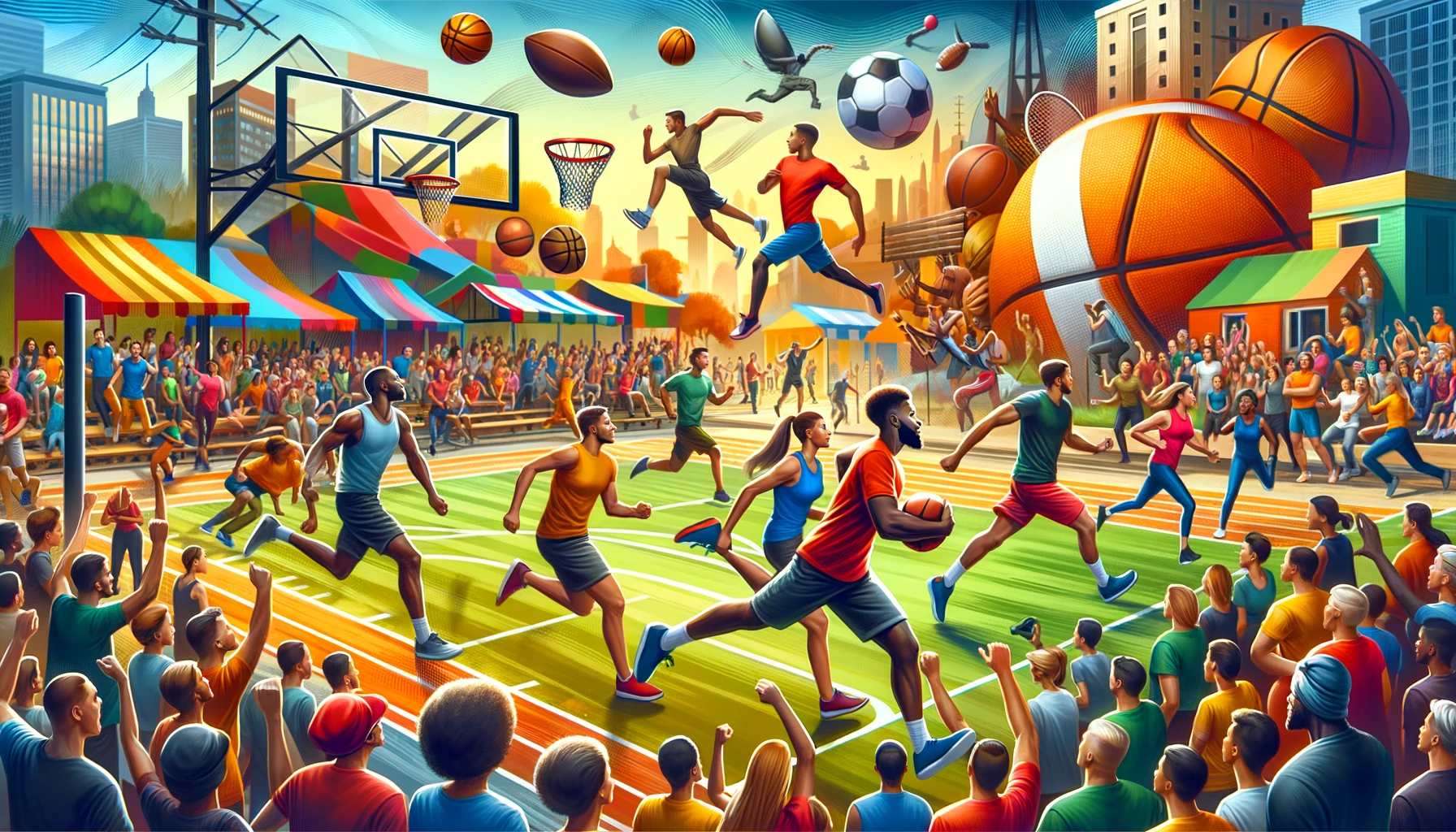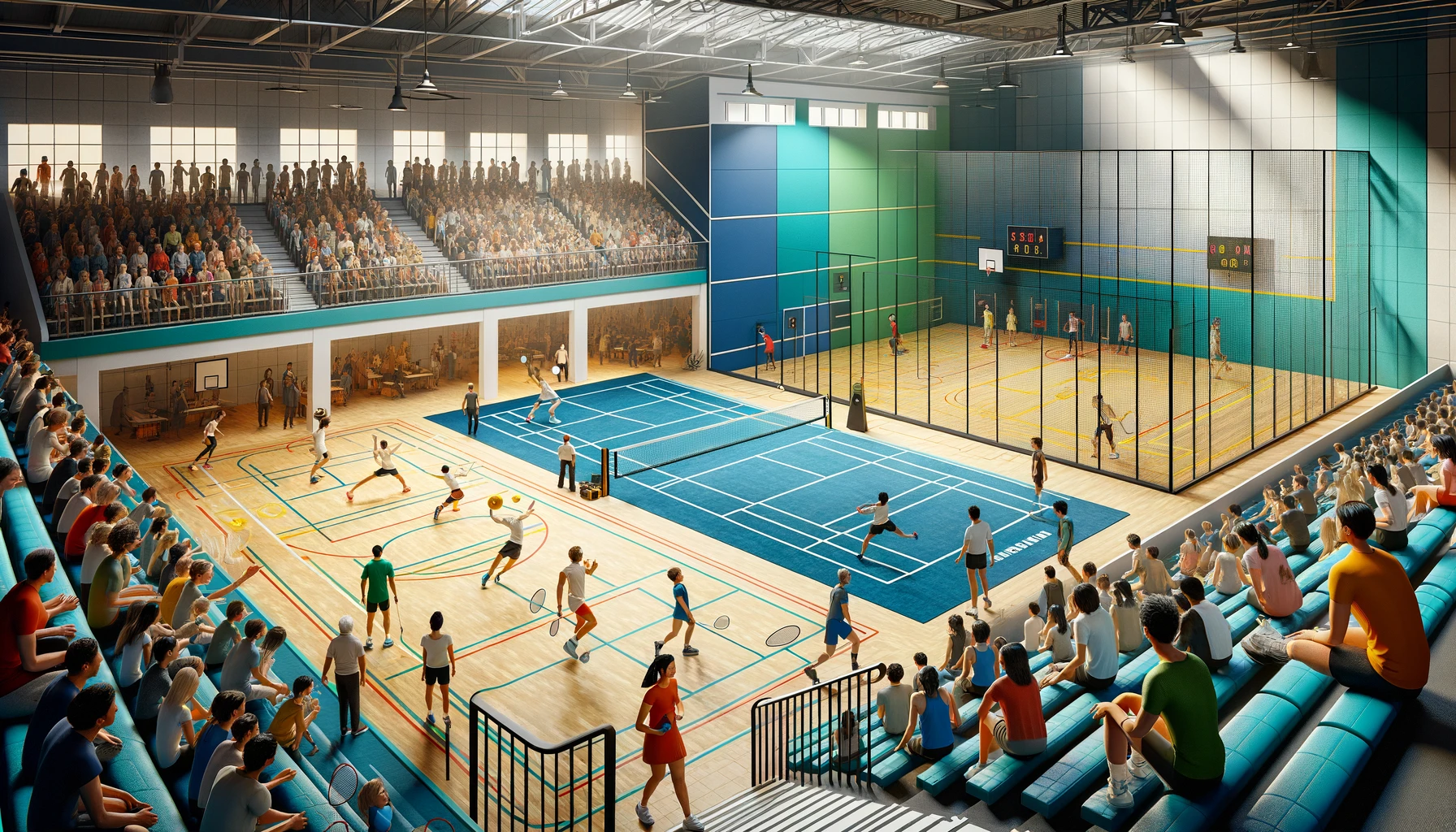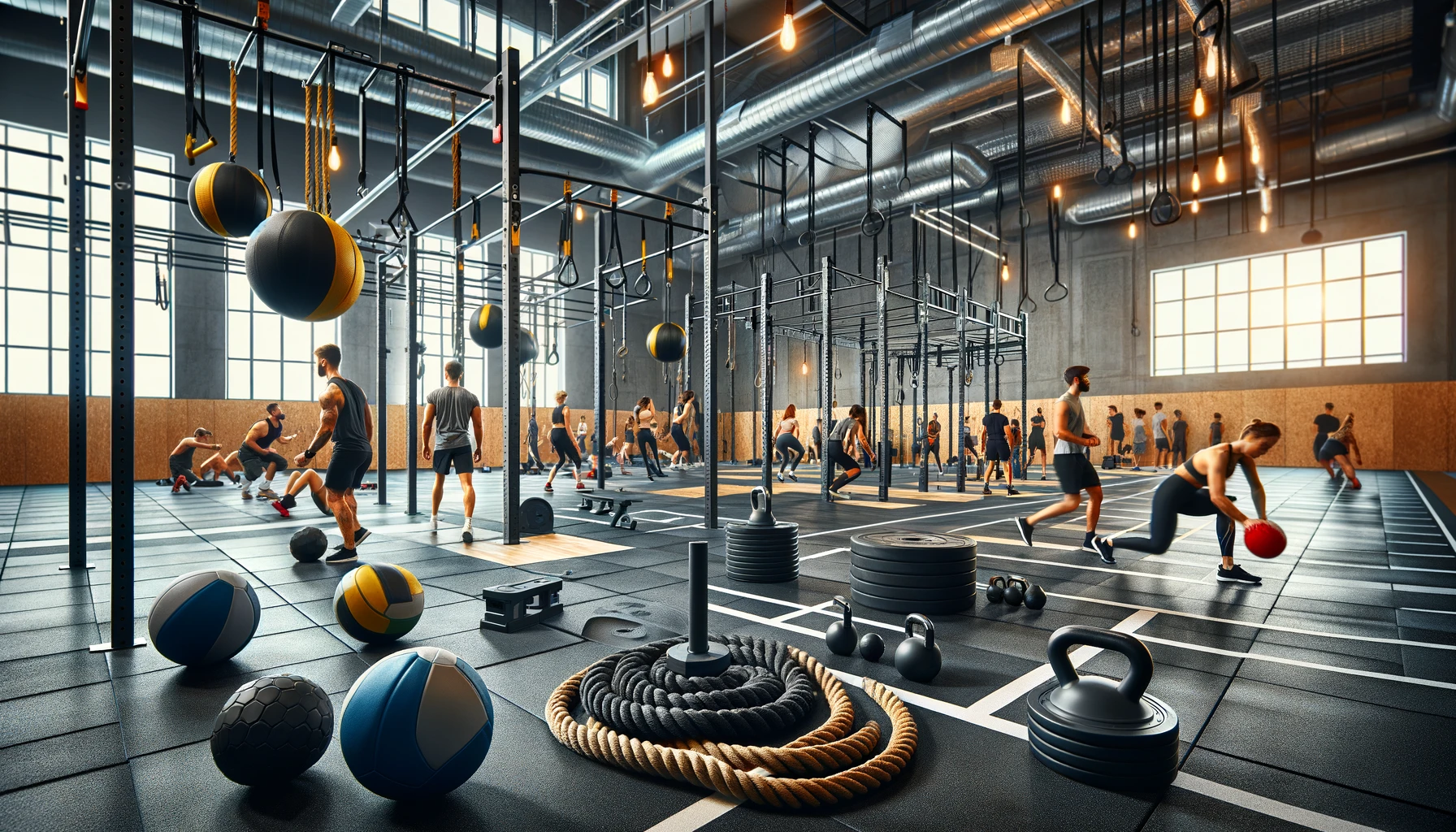Sports as a Sociocultural Phenomenon of Our Time

Sports have always been more than just a physical activity or a form of entertainment. They have evolved into a powerful sociocultural phenomenon that impacts societies worldwide. From uniting communities to influencing global politics, sports play a significant role in shaping our contemporary world.
The Universal Appeal of Sports
Sports possess a universal appeal that transcends cultural, linguistic, and geographic boundaries. Whether it's football, basketball, cricket, or athletics, people from diverse backgrounds come together to play, watch, and celebrate sports. This shared enthusiasm fosters a sense of community and belonging, making sports a unifying force in a fragmented world.
Sports and National Identity
National identity is often closely tied to sports. International competitions such as the Olympics or the World Cup become platforms where nations showcase their athletic prowess and cultural heritage. Victories in these arenas evoke national pride and unity, while the athletes themselves become symbols of their countries' aspirations and values.
Social Integration and Inclusivity
Sports serve as a powerful tool for social integration and inclusivity. They provide a common ground where individuals from different social, economic, and ethnic backgrounds can interact and build relationships. Sports programs and events often promote inclusivity by encouraging participation from all sectors of society, including marginalized and disadvantaged groups.
The Economic Impact of Sports
The economic impact of sports is substantial, influencing various sectors including tourism, media, and retail. Major sporting events attract tourists from around the world, boosting local economies. Sports media rights and sponsorships generate significant revenue, while sports merchandise and memorabilia drive consumer spending. This economic activity underscores the importance of sports in contemporary society.
Sports and Global Politics
Sports have a unique capacity to influence global politics. Sporting events can serve as diplomatic tools, fostering dialogue and cooperation between nations. Conversely, they can also highlight political tensions, as seen in instances of boycotts or protests during international competitions. The interplay between sports and politics reflects the broader sociopolitical dynamics of our time.
Health and Well-being
Beyond their sociocultural and economic impact, sports play a crucial role in promoting health and well-being. Regular participation in sports helps prevent chronic diseases, improve mental health, and enhance overall quality of life. Public health campaigns often leverage sports to encourage active lifestyles, demonstrating the profound impact of sports on individual and community health.
Sports as a sociocultural phenomenon encapsulate the complexities and dynamics of contemporary society. They unite people across the globe, contribute to national identity, promote social integration, drive economic growth, and influence global politics. In addition to these broader impacts, sports also enhance health and well-being, underscoring their multifaceted significance in our lives. As we continue to navigate the challenges and opportunities of our time, the role of sports remains as vital as ever.

